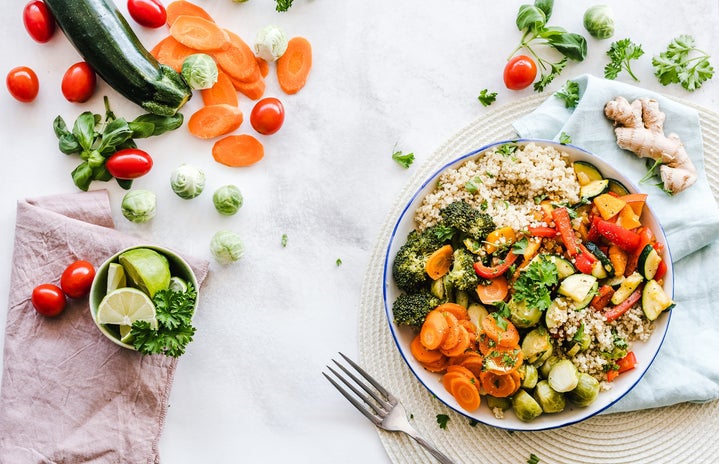How many of us have bought into fad diets, believed that a twelve-step skincare routine would “fix” our skin, or that an under-qualified youtuber’s workouts would have us fitting in sample sizes for summer? I know I have.
During the height of the pandemic, it feels like most of us turned to wellness for comfort in the midst of such a traumatic situation. What most of us failed to realise is that not only are a lot of these things unsustainable in the long run, they’re also unhealthy, toxic, and a money grab for big corporations that thrive on people’s insecurities — in the UK alone, the health/wellness industry is estimated to hit £30.6 billion this year.
“Health is no longer just about physical and mental wellbeing- it is something to be purchased.”
Amy Helms, “Wellness Industry – Is It Toxic?” (nutritionandtherapy.com)
Gwyneth Paltrow is coming under fire (yet again) for promoting her toxic views on health and wellness. In a recent interview with Dr. Will Cole, she discussed her eating and fitness habits. Not only are they extremely unhealthy – because how can you fuel your body solely on bone broth? – it also ignores the privileges she has to have an infrared sauna at home and be able to have IV therapy whenever she desires it.
It seems to me that the wellness movement centres those who already have the funds to live a healthier lifestyle, leaving those of us who are working class to virtually burn money in an attempt to keep up with them.
Not to mention the impact celebrities like Paltrow are having on younger, impressionable people who believe these habits are something they should strive towards. Given that NHS treatment for eating disorders in under 18s reached a record high, it’s undeniable that this is having an impact on children as well as those of us who are old enough to understand the long-term impacts.
The toxicity of the wellness industry is something we as a society need to combat, it is doing way more harm than good despite what the name implies. It ignores the importance of actually understanding mental and physical health on an individual level and making sustainable changes to better yourself. How many more people need to fall prey to it before we do something?


